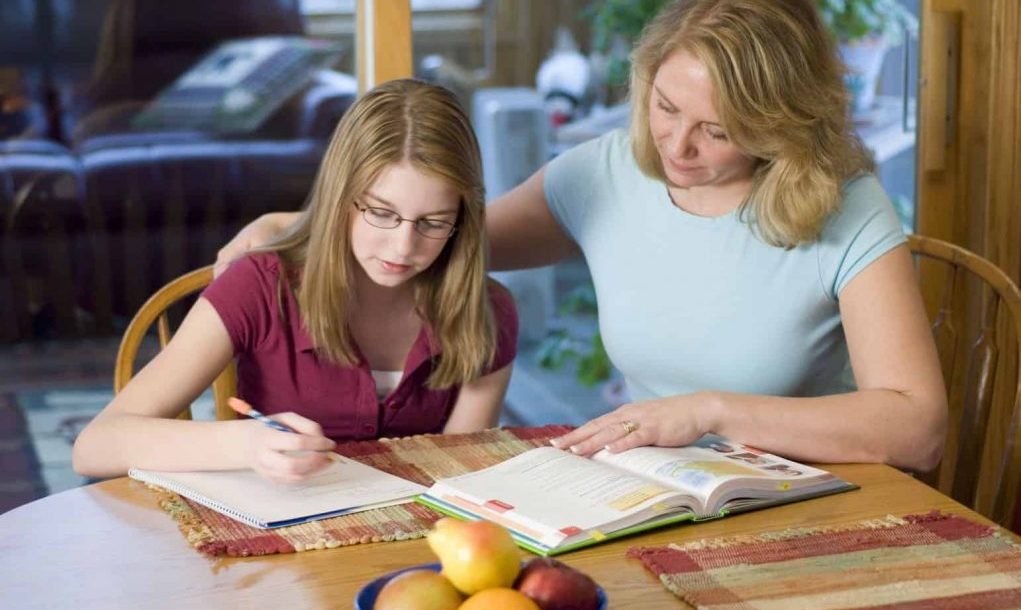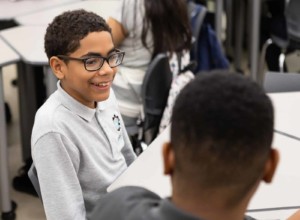What an Educator Learned From Home Schooling Parents

By Jessica Smock

I read this research with the perspective of a doctoral candidate in education policy and a former teacher and curriculum coordinator for more than a decade. I had lots of preconceptions about home schooling, and new research challenged some of them, particularly that home schoolers are mostly religious fanatics or part of a fringe group rejecting modern cultural trends.
After I wrote my post, my new blog received an explosion of comments, as well as responses from Twitter and Facebook. After reading through hundreds of stories from parents who chose to home school their children and took the time to write about their perspectives, I have concluded that this is a group of parents whose voices should be heard, both by educators and by academics. Although home schoolers only comprise a tiny fraction of the student population, their numbers are growing and they increasingly reflect several other intersecting trends in education, such parents who organize to “opt out” of standardized testing and the increasing numbers of children diagnosed with learning disabilities, food sensitivities, and autism.
These parents are educated, articulate, passionate about their children’s individualized learning needs, and often educators themselves. One of the greatest surprises from reading the responses to my blog was the number of former teachers who were now home schooling. According to these former educators, they understand all too well the pressures felt by both teachers and students from the requirements of standardized testing and new evaluation systems. And they do not want this for their children. They also know about the latest developments in educational technology and have witnessed the power of this technology to engage learners.
Most of all, the main source of tension that I recognize between the impassioned voices of parents who opt out of public education and the current educational reform movement (or, at least, parents’ perceptions of it) is the desire to customize and individualize instruction. Technological innovations and cultural changes in parenting have caused many parents, often middle class and well-educated ones, to challenge the traditional model of learning in American schools. They are frustrated by their perceptions of public education’s lack of response to new understandings about learning styles, dietary considerations, social and emotional learning, and gifted education.
Based on these responses from parents, I am concerned that the gap between what these parents expect and what the schools are able to do — because of their need to respond to new educational goals and reform efforts and because, ultimately, schools are not designed to individualize every aspect of children’s academic and social instruction — will grow too large. Already, prominent leaders of the home schooling movement call for more parents of the most successful in our schools to exit the system entirely.
How parents choose to educate their child is a highly individual decision. And for many parents the right decision, based on health or emotional considerations, parent work schedules, and other learning needs, may be home schooling. However, we — as researchers, writers, observers, and reformers of education — cannot ignore the implications of their basic message that schools must respond to their children’s individual needs. In the minds of thousands of the most impassioned, capable, and knowledgeable parents about education — those who could have the most impact as partners in the educational systems as parents — the educational system is no longer acceptable for their child, and they are choosing to leave. Those voices are worth paying attention to.
Jessica Smock is a doctoral candidate in education policy at Boston University. Her research is about resilience, and the experiences of high-achieving urban students from public schools who attend independent schools for high school. Her blog is called School of Smock (www.jessicasmock.com).





Gary Houchens
Great post. As a career educator, I've also come to greatly appreciate the value and place of homeschooling. As for the tensions between parent expecations and what schools can deliver, a meaningful answer is school choice. End the government monopoly on education and give families a much wider array of options that meet far more diverse needs.
Lydia Soleil
I love your blog and follow it on FB. In response to your point, "ultimately, schools are not designed to individualize every aspect of children’s academic and social instruction — will grow too large," I would like to share with you a model of education which does allow for individualization and can be done for the same or less than the current cost of public education. It is the Sudbury model of education. Here is a great overview article: http://www.psychologytoday.com/blog/freedom-learn/200808/children-educate-themselves-iv-lessons-sudbury-valley
Best wishes as you continue to explore the education frontier!
Mojgan Sagharichi
I agree with you"school are not designed to individualize every aspect of children's academic and social instruction.What can we do about? How can we change the system.I have a child with mild Autism at Grade 8 but on modified program for language and math (grade 5) .For past 3 years they put him in grade 5.Their expectation is too low and my child complains that they give him babyish work.I go for monthly meeting and I asked to see Autism team for next time.I do not know how to convience the school that Autistic kids have different learning style and teachers do not spent time to help them to learn.He can learn on computer but they hardly ask him to do so.They are offering life skills for high school only.My son and I know that life skills is not for him.On the other hand I am not sure isolation from school is good for him or not.Please give me an advise.
Thank you
Mojgan-Oakville Canada